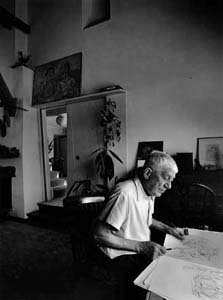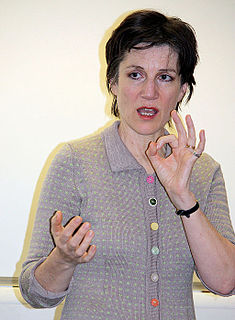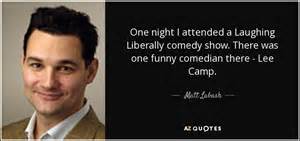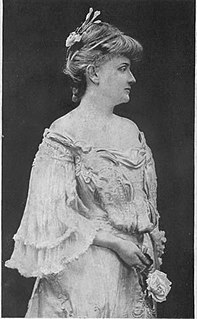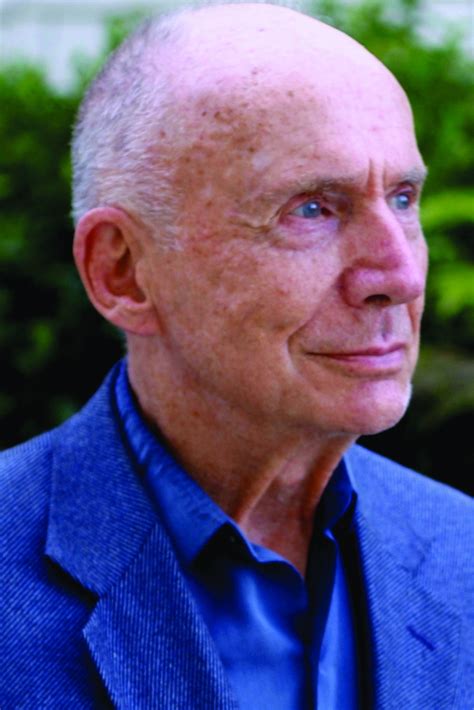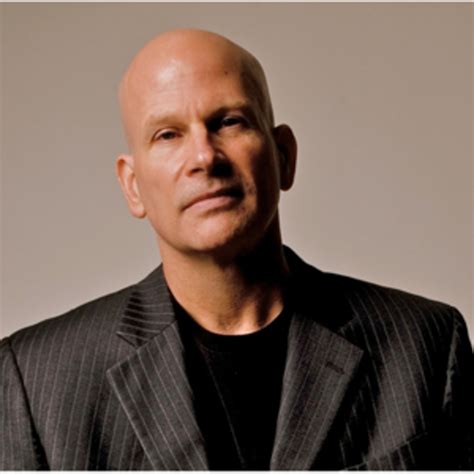A Quote by Oskar Kokoschka
I used to be too subjective, and I was always tempted to find my inner self in the exterior and dissipate my imagination on other people and on life.
Quote Topics
Related Quotes
We can work on inner peace and world peace at the same time. On one hand, people have found inner peace by losing themselves in a cause larger than themselves, like the cause of world peace, because finding inner peace means coming from the self-centered life into the life centered in the good of the whole. On the other hand, one of the ways of working for world peace is to work for more inner peace, because world peace will never be stable until enough of us find inner peace to stabilize it.
Change is always subjective. All through evolution you find that the conquest of nature comes by change in the subject. Apply this to religion and morality, and you will find that the conquest of evil comes by the change in the subjective alone. That is how the Advaitic system gets its whole force, on the subjective side of man.
There's a floating distraction in the contemporary world, life at a distance enabled by technology. I want people to commit at the level of their subjectivity. The idea of subjective commitment is at the core of ethics, something that divides the self from itself. I become an ethical self. I cannot meet that ideal, I cannot fulfill it, it divides me from myself and it makes me strive harder. This ideal subjective ethical drive is at the heart of an absolutely earnest, radical politics that insists that people will be able to engage with each other, and they're lifted from irony at that point.
I want to be remembered as an imaginer, someone who used his imagination as a way to journey beyond the limits of self, beyond the limits of flesh and blood, beyond the limits of even perhaps life itself, in order to discover some sense of order in what appears to be a disordered universe. I'm using my imagination to find meaning, both for myself and, I hope, for my readers."-Clive Barker
When we descend all the way down to the bottom of loss, and dwell patiently, with an open heart, in the darkness and pain, we can bring back up with us the sweetness of life and the exhilaration of inner growth. When there is nothing left to lose, we find the true self - the self that is whole, the self that is enough, the self that no longer looks to others for definition, or completion, or anything but companionship on the journey.
We've created this cottage industry in which it pays to be un-objective. It pays to be subjective as much as possible. It's a great way to have your cake and eat it too. Criticize other people for not being objective. Be as subjective as you want. It's a great little racket. I'm glad we found it actually.
Every person must live the inner life in one form or another. Consciously or unconsciously, voluntarily or involuntarily, the inner world will claim us and exact its dues. If we go to that realm consciously, it is by our inner work: our prayers, meditations, dream work, ceremonies, and Active Imagination. If we try to ignore the inner world, as most of us do, the unconscious will find its way into our lives through pathology: our psychosomatic symptoms, compulsions, depressions, and neuroses.
